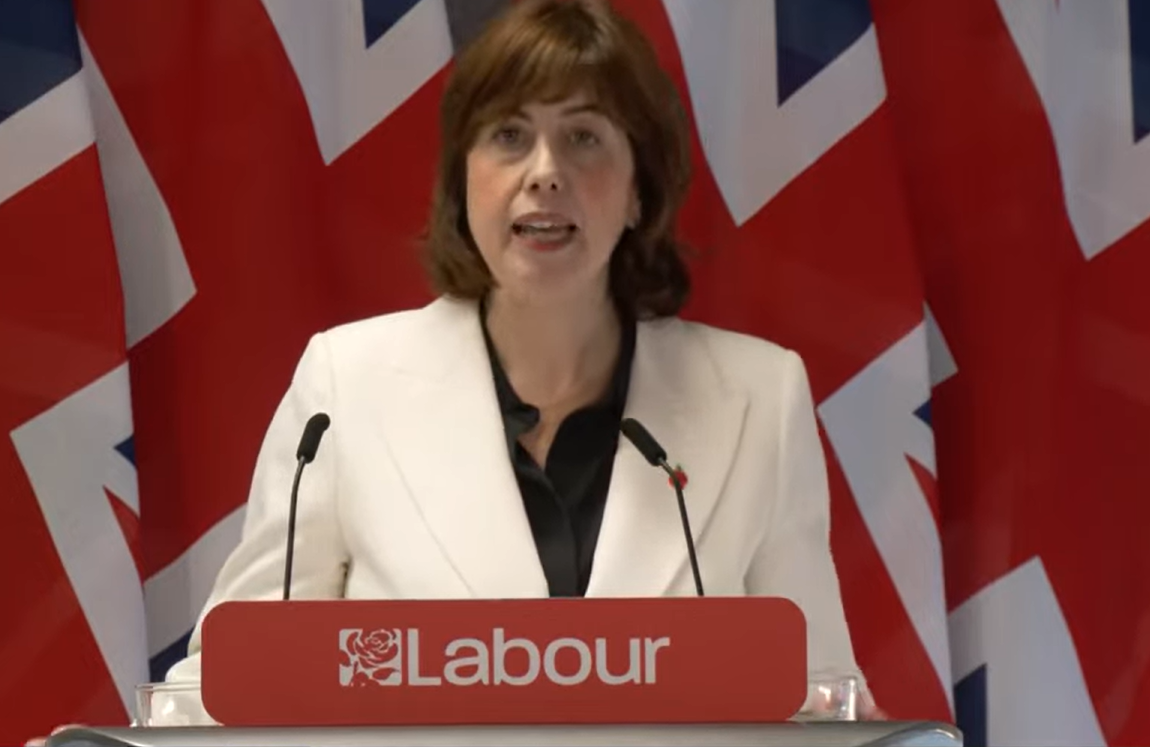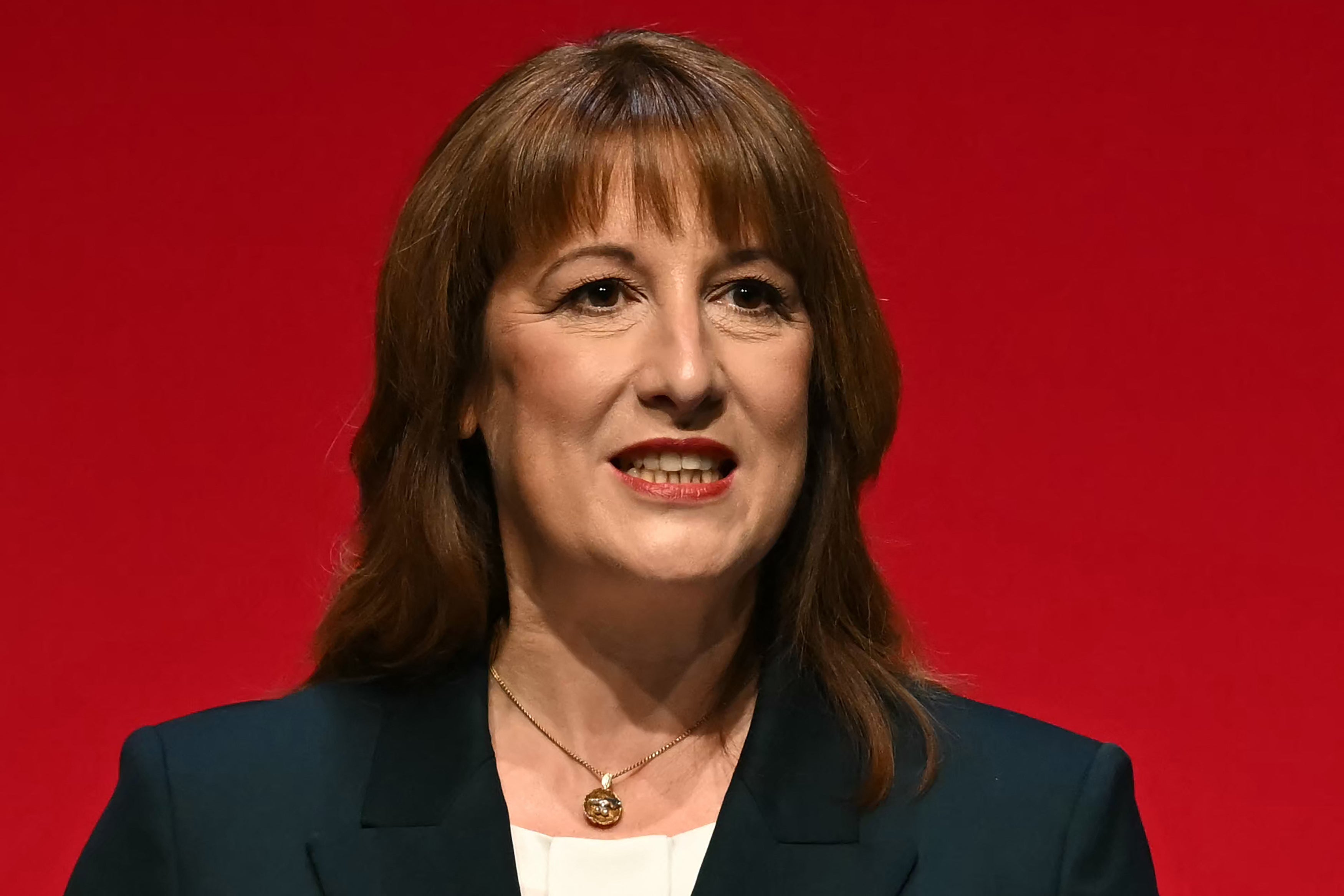Keir Starmer is being urged to stand up to the left of his party as a battle rages within the government over whether to impose a mansion tax in next month’s Budget – which some fear could have a severe impact on the housing market.
The chancellor, Rachel Reeves, is understood to be seriously considering the proposal for her 26 November statement as she attempts to not only fill a £40bn black hole in her finances but also find more than £10bn of headroom to deal with future shocks.
She and the prime minister are being warned that, with the flight of millionaires from the UK already hitting the economy, a mansion tax would have disastrous effects.
Ministers want Sir Keir to step in, with one source saying: “It is patriotism versus prejudice. What is good for the country versus a hatred of success and wealth.”
Previously, The Independent revealed that cabinet ministers were already unhappy about the “anti-aspiration” taxes of VAT on independent school fees and abolishing non-dom status.
The impact on London in particular has been stark and there are genuine fears among senior cabinet ministers that there could be a major flight of capital from the UK.
But a row is now raging over a new tax to punish the high-paid and wealthy with a so-called mansion tax.
The proposal, which came from now Treasury minister Torsten Bell’s Resolution Foundation, would mean owners of properties worth at least £2m facing an annual charge of 1 per cent of the amount by which it exceeds that value.
It follows revelations that Ms Reeves is also being pushed to change the 45p top rate of income tax for those earning more than £125,000 to raise more money and possibly drag more people into paying it.
The mansion house tax is backed by an increasingly left-leaning Labour parliamentary party, which skewered attempts to reduce the out-of-control welfare bill before the summer. But it is understood that a majority of cabinet heavy hitters, including the chancellor of the Duchy of Lancaster and former chief treasury secretary Darren Jones, deputy prime minister David Lammy, communities secretary Steve Reed and home secretary Shabana Mahmood, are among those opposed to new taxes which hit aspiration.

However, with trade unions calling for wealth taxes, including a bank levy, and the Labour membership voting in left-wing deputy leader Lucy Powell, there are concerns that the prime minister no longer has the authority to stand up to the left.
The former Tory prime minister and chancellor Rishi Sunak has added to the pain with his first column for The Sunday Times, warning that tax increases do not produce economic growth.
He wrote: “Raising taxes would be a disaster for the UK – and particularly if increases are concentrated on a narrow base as Reeves tries to remain technically compliant with manifesto commitments. Such tax rises would be particularly distortionary and damaging to growth.”
Meanwhile, property experts are warning that the proposed mansion tax would hit the top end of the market and have a ripple-down devaluing effect, leaving many people in negative equity.
There are also concerns that it will disproportionately hurt people in London and the South East, where property is much more highly valued.
Simon Gammon, founder and managing partner of the mortgage broker Knight Frank Finance, warned: “The government needs to get the property market moving again and stamp duty, talk of capital gains tax on main homes, and now a potential mansion tax would all slow down transactions even further.
“Their attempt to get 1.5 million homes built requires people to want to buy, and developers will not want to build homes if there’s no demand for them, and even though the mansion tax would apply at the very top end of the market we need all areas of the market to function to have a healthy property market.”
He also warned that with a mansion tax, Ms Reeves “would not see her money quickly from this, as this would involve a huge amount of valuations, causing significant delays and potential disputes. So it’s another negative impact on the property market with delayed revenue if there were some.”
Timothy Douglas, head of policy and campaigns at Propertymark, which represents estate agents, said: “By focusing efforts on higher value property, this will disproportionately impact people in London and the southeast of England, disincentivise people to improve or upgrade property, and not encourage older homeowners, who often have larger, more expensive properties, to right-size, freeing up much-needed homes for families and second steppers.

“With talk surrounding both changes in stamp duty and capital gains tax, ultimately, this can alter behaviour and relies on people wanting to sell their property. The concern is that if many people now choose to stay put, it’s unlikely that the Treasury will get the tax receipts that they’re anticipating.”
Economists and tax experts have issued similar warnings.
Professor Stephen Millard, deputy director of macroeconomics at the National Institute of Economic and Social Research, told The Independent: “It acts as a disincentive to people to up-value or to upgrade their housing. When you want to move from a flat to a house, you’re much more likely to hit the tax, and so it’s going to become more expensive, particularly if you’re paying the tax every year.
“This is basically London and the South East’s big problem where house prices are much higher than that.”
Isaac Delestre, a senior researcher on tax at the Institute of Fiscal Studies, suggested that adding more council tax bands might be a better solution.
He said: “The problem is that all the banding is based on the 1991 value of houses. So unless you revalue, which the government absolutely should, then it’s not going to be a very well-targeted tax. There are fewer properties in London, in the South East, in the top bands than there should be at up-to-date values. So it would be a pretty imperfect tool.”
The tax policy expert Dan Neidle warned that much more fundamental reform of property tax was needed by introducing a land value tax and scrapping the council tax.
He has calculated that if the top band of council tax was worth 12 times the amount of band A at the bottom, instead of its current double band A, then an extra £3.6bn could be raised. However, this would go to councils, not the Treasury.
He also noted that the imposition of a 1 per cent property tax on those worth £2m or more “would require somewhat regular valuations” when no new valuations have taken place in 34 years.
In a policy paper, he said: “My view is that there is a strong case for adding more multiplier-based council tax bands. I’m less convinced that a percentage tax makes sense given the administrative/valuation issues and the horizontal equity problem.
“The balance changes once we’re looking at wholesale reform: replacing all of council tax, business rates and stamp duty with land value tax. The boost that such a reform would give to growth and homebuilding, in my view, more than counters the downsides. But bolting on a miniature version of such a tax as a pure revenue-raiser looks less attractive.”
Ukraine ready to fight for the next three years, says Poland’s PM Tusk
Migrant sex offender mistakenly released from prison arrested
Streeting compares loss in Caerphilly by-election to day Starmer nearly quit
Mistakenly freeing prisoners ‘more common because of changes to release’
Streeting condemns Farage’s ‘deafening silence’ over ‘racist’ remarks from Reform MP
Ireland's president elect is a left-wing, anti-establishment figure who is outspoken on Gaza







